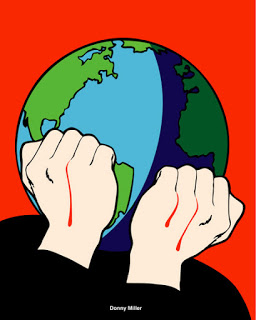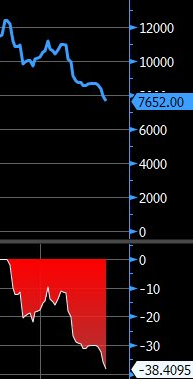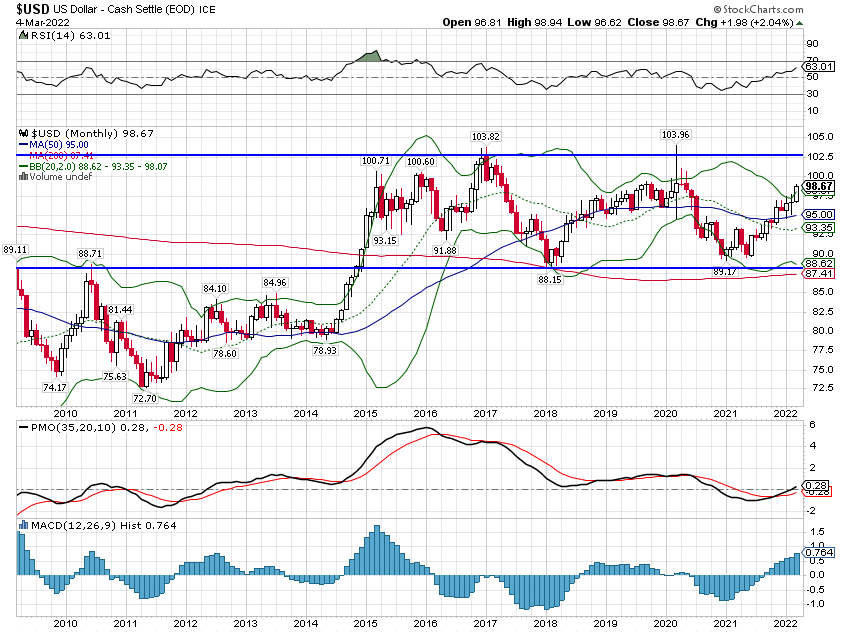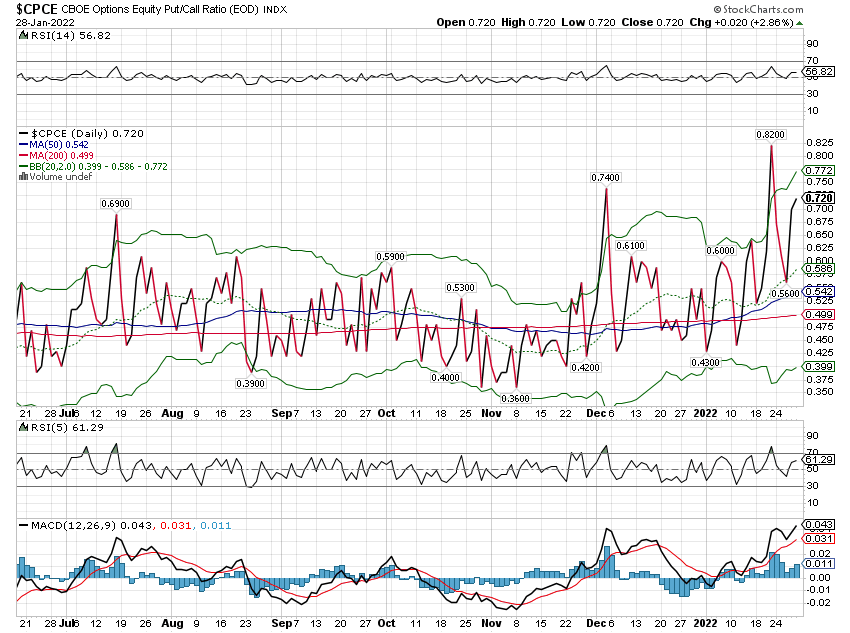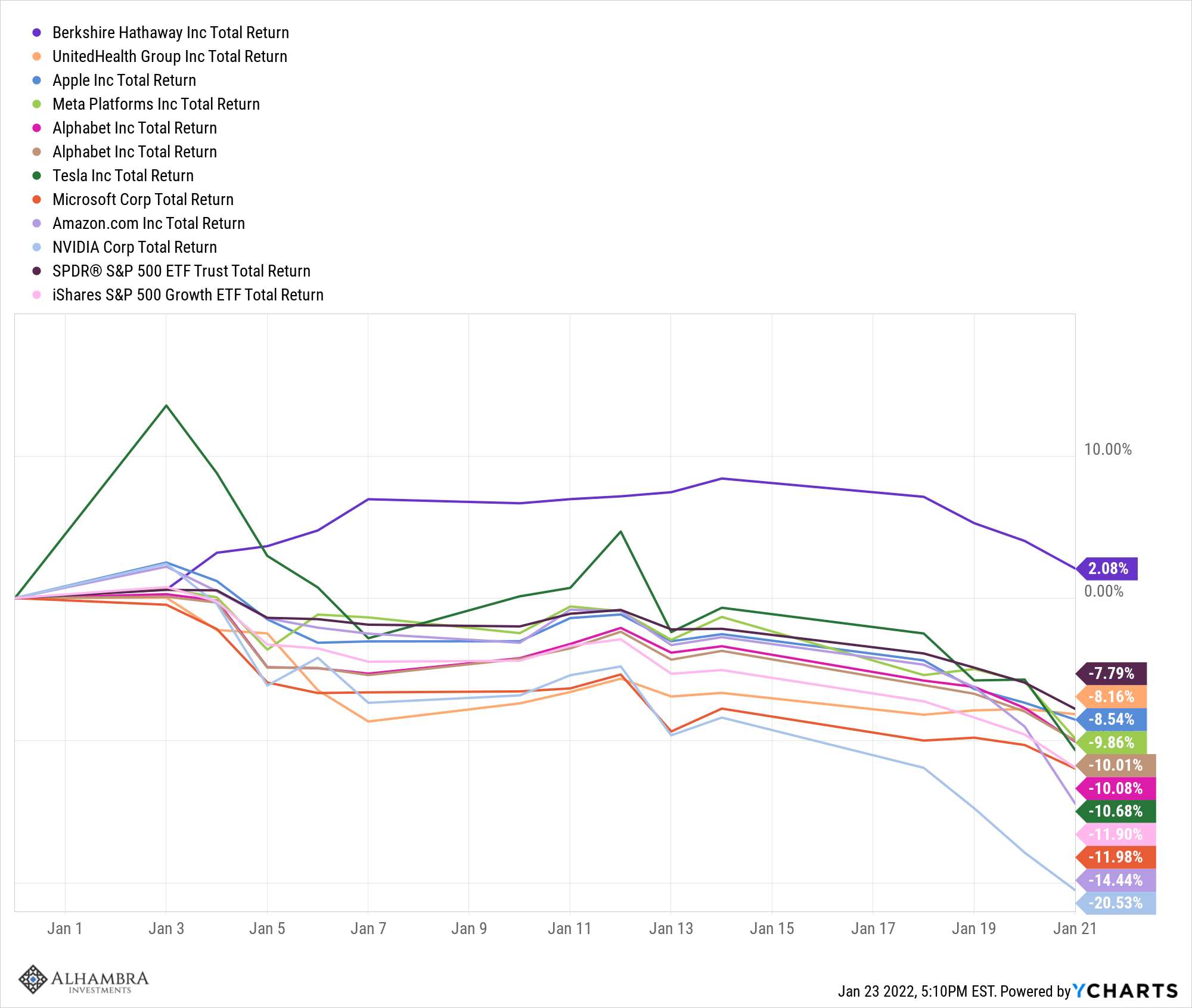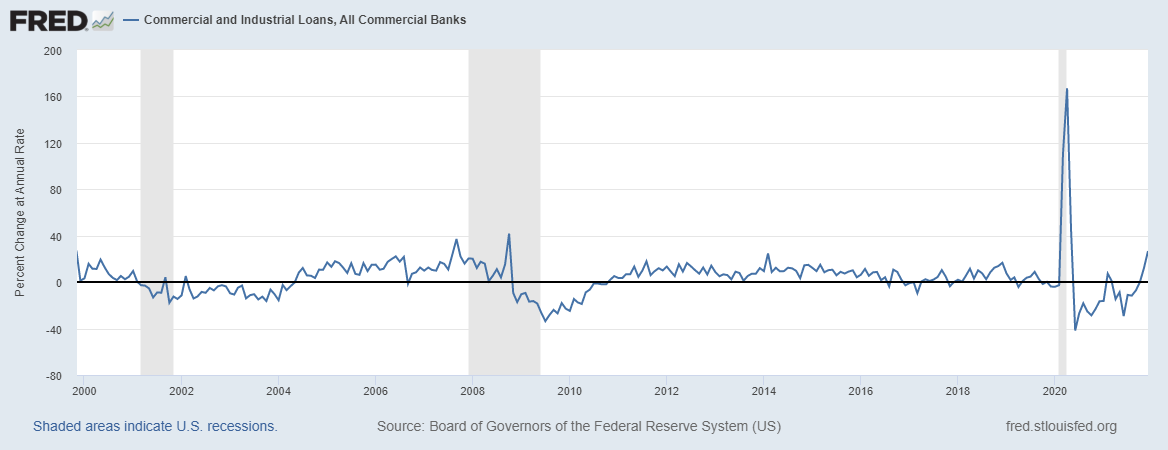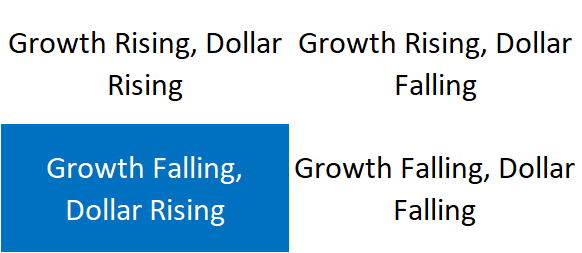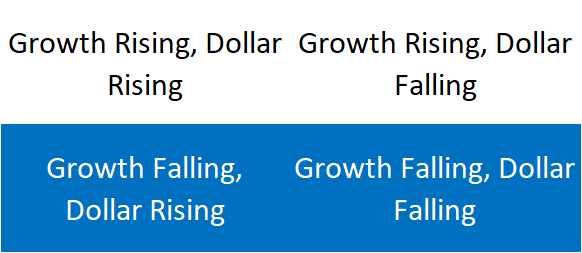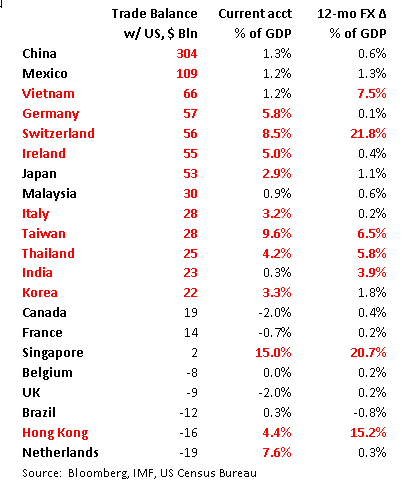- Indonesia’s parliament approved a tax amnesty bill
- Korea announced KRW20 trln ($17 bln) in fiscal stimulus
- Czech President Zeman said a referendum on EU and NATO membership should be held
- Russia ended its tourism ban to Turkey
- Brazil’s central bank is sending hawkish signals
- Banxico hiked rates by a larger than expected 50 bp to 4.25%
Markets
In the EM equity space as measured by
- MSCI, Brazil (+7.9%),
- Mexico (+6.5%), and
- Peru (+5.4%) have outperformed this week,
- while Poland (-2.2%), UAE (-1.6%), and Qatar (-0.8%) have underperformed.
To put this in better context, MSCI EM rose 4.2% this week while MSCI DM rose 3.3%.
In the EM local currency bond space,
- Turkey (10-year yield -67 bp), Colombia (-51 bp), and Russia (-43 bp) have outperformed this week,
- while Peru (10-year yield flat), Taiwan (-2 bp), and China (-3 bp) have underperformed.
- To put this in better context, the 10-year UST yield fell -10 bp this week to 1.46%.
Currencies
In the EM FX space,
- BRL (+4.5% vs. USD),
- MXN (+3.9% vs. USD), and
- ZAR (+3.9 vs. USD) have outperformed this week,
while
- ARS (-1.2% vs. USD),
- CNY (-0.6% vs. USD), and
- PHP (-0.2% vs. USD) have underperformed.
Indonesia
Indonesia’s parliament approved a tax amnesty bill. The government forecasts that it will lead additional revenue needed to finance a widening budget gap. Individuals who repatriate undeclared assets held abroad will face a penalty of 2-5%. The government aims to keep the budget deficit under -3% of GDP, and so the tax amnesty bill will hopefully help plug the gap.
Korea
Korea announced KRW20 trln ($17 bln) in fiscal stimulus. The government also cut its growth and inflation forecasts for 2016. The BOK surprised markets with a rate cut in June, which was clearly not a “one and done” move. The next policy meeting is July 14, and the odds of another cut at that meeting are rising. Indeed, we have noted that the Brexit risks are likely to keep most EM policymakers in dovish mode.
Czech Republic
Czech President Zeman said a referendum on EU and NATO membership should be held. He stressed that he supports staying in both, noting that the Czech Republic benefits as an EU member since it receives more funds than it contributes. Zeman also noted that NATO provides security. The President has largely ceremonial powers and can’t call a referendum himself, however. A recent poll in June showed that 49% would vote to remain in the EU, 33% would vote to leave, 12% would not participate in the referendum, and the rest did not answer.
Russia and Turkey
Russia ended its tourism ban to Turkey after officials basically apologized for shooting down a Russian warplane last year. Presidents Putin and Erdogan reportedly held “constructive” talks over the phone and agreed to meet in person at the earliest possible opportunity. Both expressed a wish to normalize relations between the two nations. Note that Turkey also made efforts to improve ties with Israel recently.
Brazil
Brazil’s central bank is sending hawkish signals. The first quarterly inflation report issued under Goldfajn was very hawkish, with BCB seeing limited room for rate cuts now. This comes even as some measures of inflation are accelerating. All in all, signs suggest that the earliest likely start of the easing cycle will be the August 31 meeting. July 20 seems too soon, and we would not rule out October 19 if price pressures remain too high to cut rates in August.
Mexico
Banxico hiked rates by a larger than expected 50 bp to 4.25%. We think it’s a very risky move, since no one really knows what the Brexit impact is yet. For Mexico, there are no price pressures to speak of, with CPI inflation around 2.5%, below the 3% target. The economy is sluggish (PMI readings fell below 50 in June), while oil prices are getting toppy. We just didn’t see the reasoning behind an aggressive 50 bp hike now.
Tags: Emerging Markets,newslettersent









